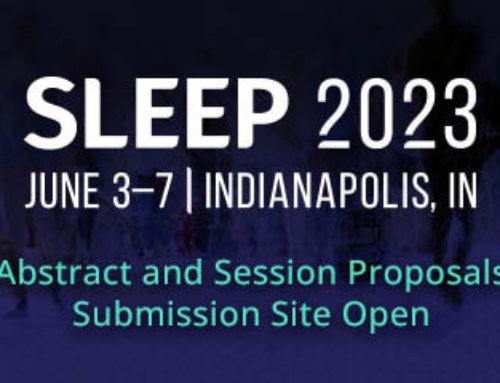Click here to learn more about the new series of webinars focusing on topics related to behavioral sleep medicine. The American Academy of Sleep Medicine’s (AASM) Insomnia Section developed the series, and each webinar is presented by leaders in the field. Whether you are unfamiliar with behavioral sleep medicine and are looking for an introduction to the field or you are a specialist looking for a way to begin studying for the 2010 BSM examination, this series will provide you with comprehensive content from the comfort of your own office.
The sixth webinar in the series, Cognitive Approaches to Insomnia Treatment – Dysfunctional Thinking, will be presented by Colleen Carney, PhD, on May 28, 2009 at 12:00 p.m. CT.
Considerable research has amassed to support a cognitive model in insomnia; that is, people with insomnia have a range of cognitive-emotional processes that make it more likely for the insomnia to continue. Cognitive Approaches to Insomnia Treatment – Dysfunctional Thinking will trace the origins of current cognitive theories and provide a review and discussion of the evidence for the contemporary cognitive model of insomnia. In addition to a theoretical overview, the webinar will focus on techniques for cognitive restructuring; namely psychoeducation, Socratic questioning and the Thought Record. Dr. Carney will also talk about the applicability of the cognitive model to co-morbid insomnias and suggest some future directions in the area.
The registration fee ($100 for members, $170 for nonmembers) includes access to the live session and an archived CD-ROM copy of the presentation sent via mail following the live webinar. More information about behavioral sleep medicine-focused webinars is online. Archived versions of previous webinars are also now available in the online store.
This course is co-sponsored by Amedco and the American Academy of Sleep Medicine. Amedco is approved by the American Psychological Association to sponsor Continuing Education (CE) for psychologists. Amedco maintains responsibility for this program and its content. Maximum of 1 hour.








